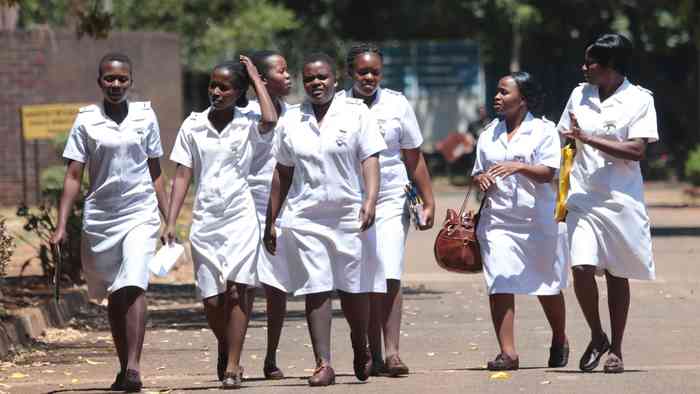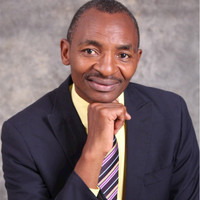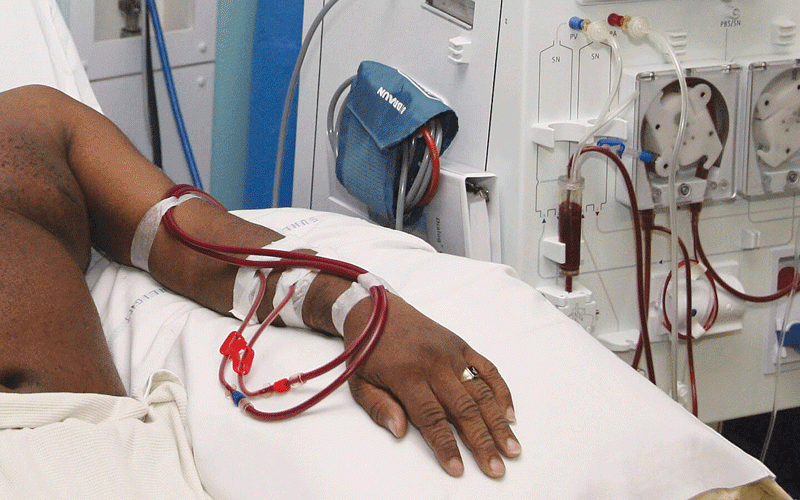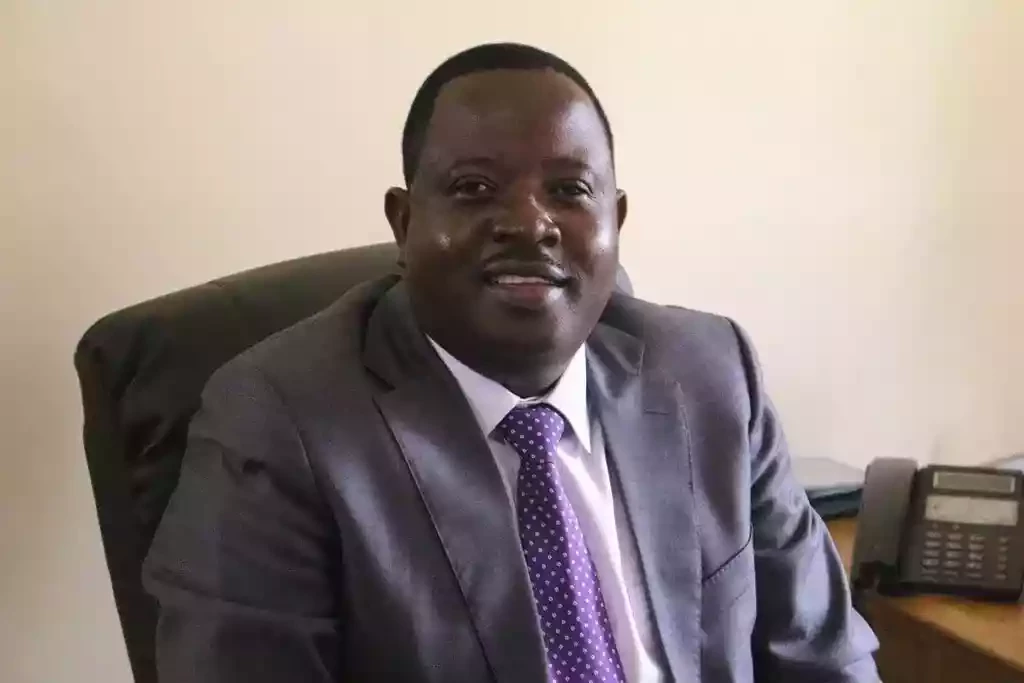
UNDERPAID Zimbabwean nurses and doctors have vowed to find alternative ways to circumvent a foreign recruitment ban recently imposed by the World Health Organisation (WHO), saying they cannot bear the poor working conditions anymore.
WHO recently red-listed Zimbabwe among 53 other nations experiencing acute shortage of health personnel, a development which prompted the United Kingdom (UK) to stop active recruitment of nurses from the southern African country.
Zimbabwe Professional Nurses Union secretary-general Douglas Chikobvu described the recruitment ban as a major blow for health professionals.
“As it stands, the future of Zimbabwean nurses set to leave for greener pastures has been dealt a big blow,” Chikobvu said.
“The government has been sort of abusive on how (it is) handling the plight of nurses. Instead of addressing the root causes, (it is) coming up with a raft of measures to tie our already impoverished and starving nurses. The reason for massive brain drain is due to measly wages. What we all expected the government to do was to swiftly address bread and butter issues by awarding nurses a living wage in US dollars.”
Latest statistics by the UK’s Office of National Statistics showed that Zimbabwe was among the top five countries that registered the highest number of citizens granted work visas to Britain over the past two years.
Zimbabwe has over the past years recorded a mass exodus of skilled workers, including at least 3 000 health professionals to the UK in the past two years, with some opting for menial foreign jobs owing to poor remuneration back home.
“The government of Zimbabwe should consider the concept of formalising the export of surplus health professionals in order to protect its citizens working abroad because if migration is not formalised, health professionals will still leave the country anyway,” Community Working Group on Health executive director Itai Rusike said.
- Social commentary: Zim women face risks in giving life
- Bosso search for elusive away win
- Kadoma talent show to fundraise for the deprived
- Nurses strike takes new twist
Keep Reading
“Not every nurse trained has to work for the State throughout their working life. But the country’s health delivery system can benefit from the experience of the returnees gained while in the receiving countries. It’s important to invest in people to harness talent. Why train and let people go.? This is a highly critical and precious resource. It’s a death sentence to citizens as they cannot access quality health care.”
Health ministry spokesperson Donald Mujiri was unreachable for comment.











